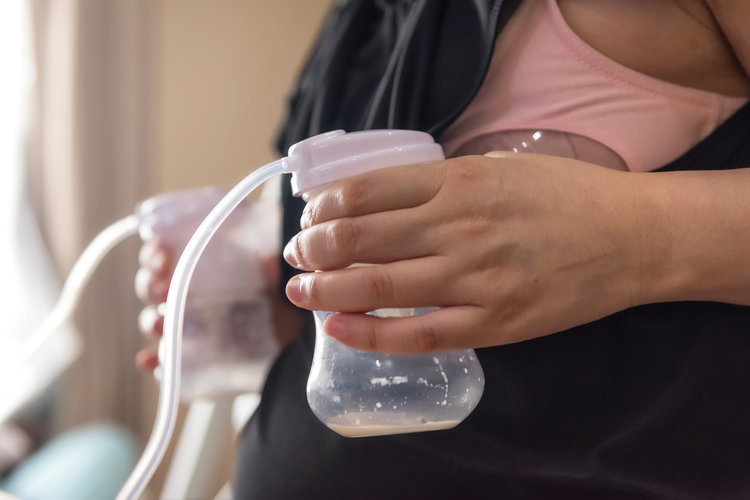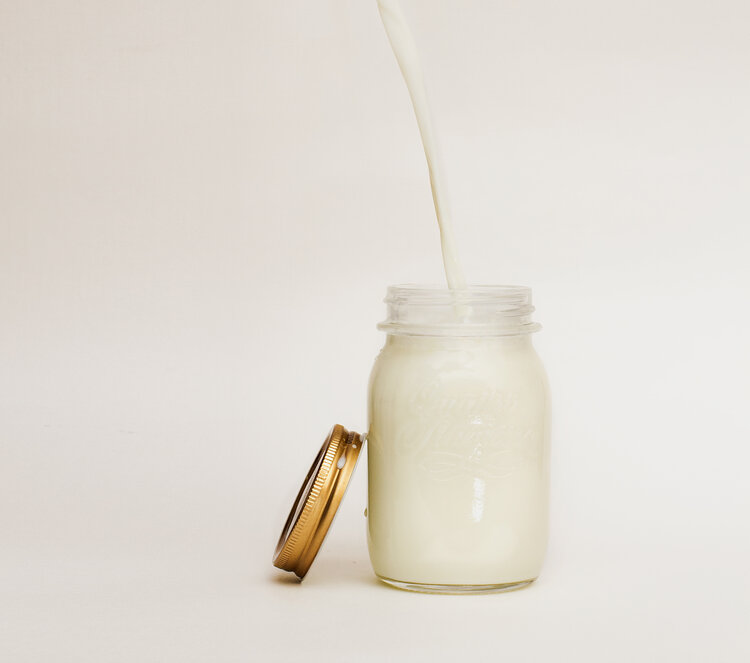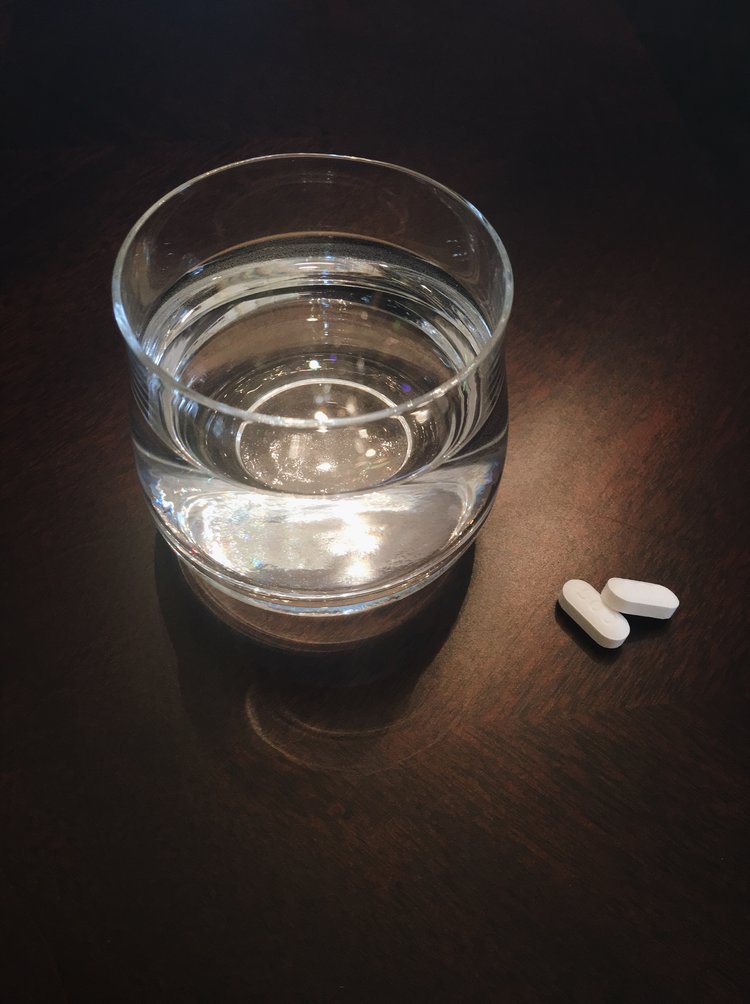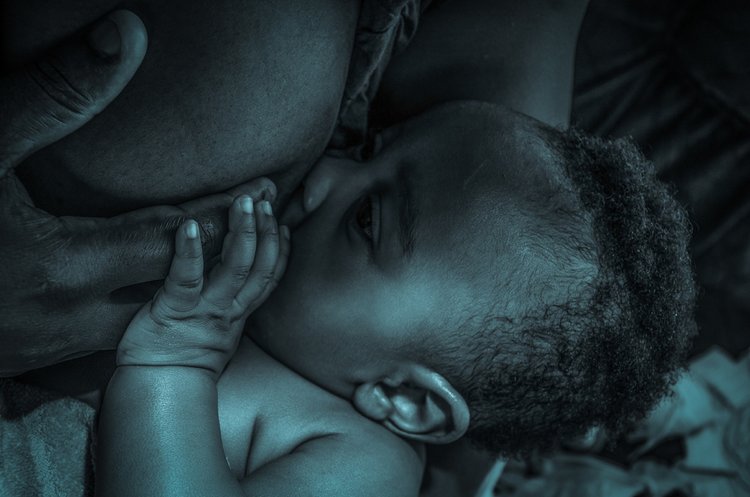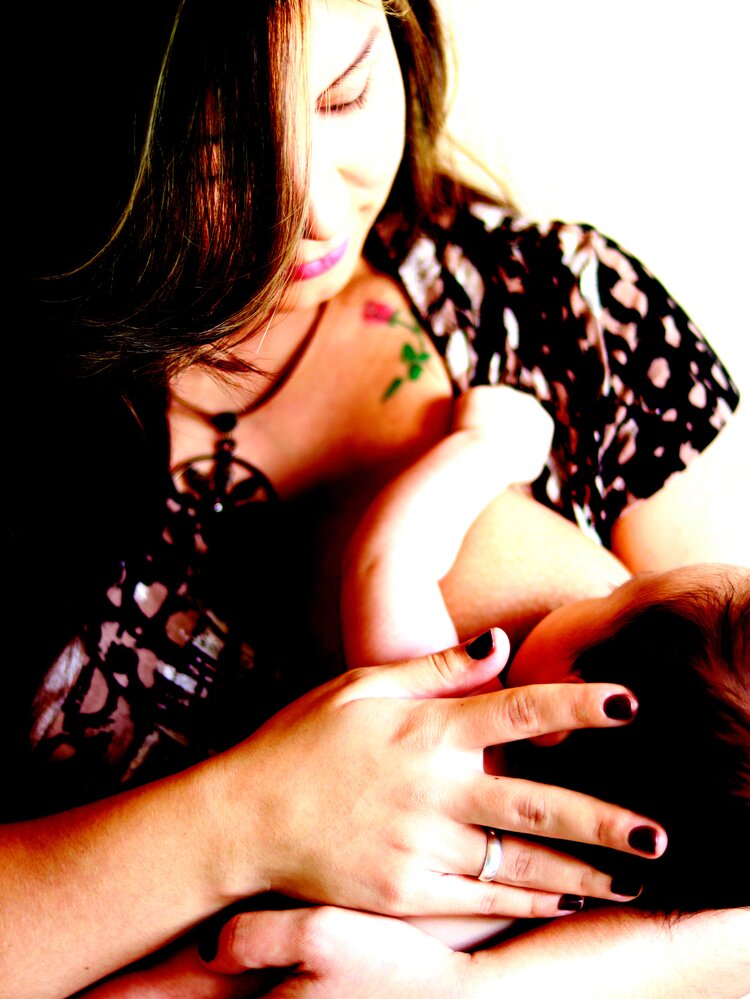
Alcohol, tobacco, and drugs (e.g. marijuana, cocaine, heroin, and other drugs) can go from the mother to the baby through breastmilk and/or by second-hand smoke.
Alcohol and Human Milk
For alcohol, the Centers for Disease Control and Prevention says that “up to one drink per day is not known to be harmful to the baby, especially if the mother waits at least 2 hours after a single drink before nursing.” However, the CDC states that not drinking alcohol is the safest option for breastfeeding mothers as alcohol in mother’s milk could hurt an infant’s development, growth and sleep. Pumping and dumping will not help your body get rid of alcohol faster so it is not necessary except to relieve pressure if your breasts are full. If you enjoy a drink, wait at least two hours before feeding your milk to your baby.
As more states legalize marijuana (pot), many pregnant and breastfeeding mothers are getting mixed messages as to whether it is safe to smoke marijuana. The CDC recommends breastfeeding mothers to stay away from or greatly reduce marijuana use to limit potential risks to the baby.
Marijuana use among pregnant women in the United States has doubled since 2002. A study in Colorado found that 70% of marijuana stores recommend the use of marijuana during the first trimester. Pregnant women have self-reported using marijuana for severe nausea, throwing up, pain, depression, anxiety, stress. However, there are no marijuana-based medications that have been approved by the Food and Drug Administration to treat pregnancy conditions. Some studies have shown no effects, while other studies show that a baby’s exposure to marijuana while a mother is pregnant may lead to an increased risk of early birth, changed sleep patterns, slower development, and increased startle and shaking. Though there is little research on the effects of marijuana on breastfeeding babies, researchers and doctors suggest that mothers who are breastfeeding not use marijuana.
Marijuana Use and Human Milk
- Marijuana use can change the quality and the amount of a mother’s milk. Tetrahydrocannabinol (THC), the main ‘drug’ part of marijuana, goes into body fat and can remain in the mother’s body for up to 30 days. Breastfeeding parents who smoke marijuana have high amounts of THC in their milk. Babies who drink milk with THC are sleepier and gain weight and develop more slowly than other babies. They also have a higher risk of sudden infant death syndrome (SIDS). One study found decreased development at one year of age among newborn babies who had marijuana via breast milk during their first month of life.
Secondhand Marijuana Smoke
- Being around others who are using marijuana is not good for baby (or you). Secondhand marijuana smoke makes up to five times as much carbon monoxide as cigarette smoking and can be harmful for the baby, whether or not mom breastfeeds. Studies have shown an increased risk of asthma and other breathing problems, ear infections, and sudden infant death syndrome among babies of mothers and/or fathers who smoke marijuana.
New parents can have a lot of stress and may use marijuana for relief. Talk with your health provider and family to get support and find other ways to manage stress. Marijuana changes a person’s mood and judgment. Marijuana use can make it hard for a mother to care for her baby.
Lastly, drugs such as cocaine, heroin, and other street drugs should never be used. Talk with your healthcare provider if you are using any of these substances. If you would like information to reduce or stop substance use, your healthcare provider can support you or you can call 1-800-662-HELP (4357). This is a National Helpline that gives free and confidential referrals to local treatment, support groups, and community-based organizations. Calls are answered 24 hours a day, 7 days a week in English and Spanish.
See our page about opioid use here.






